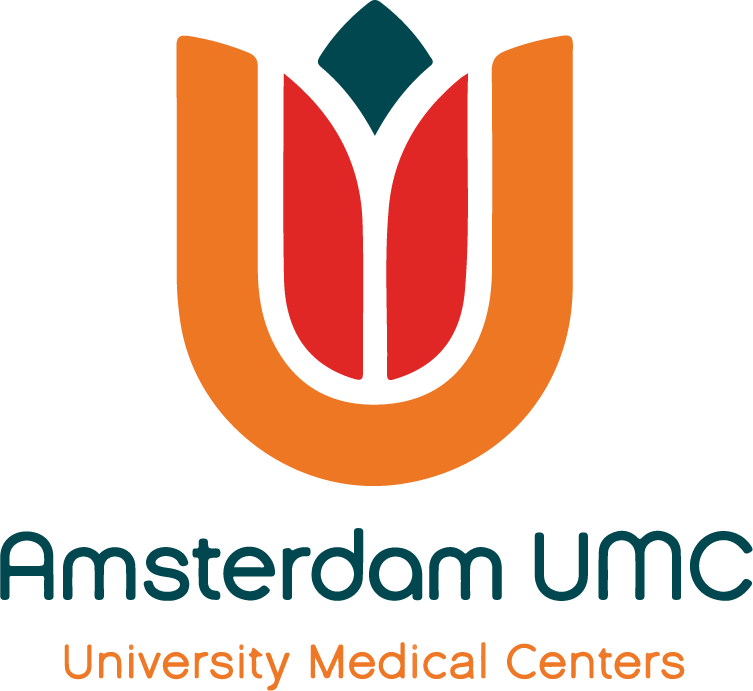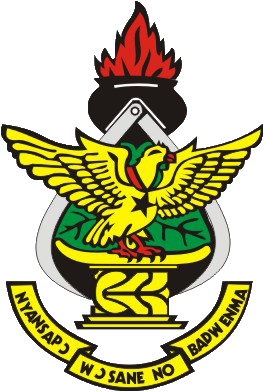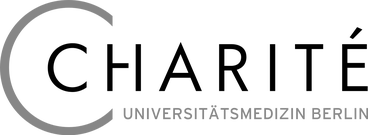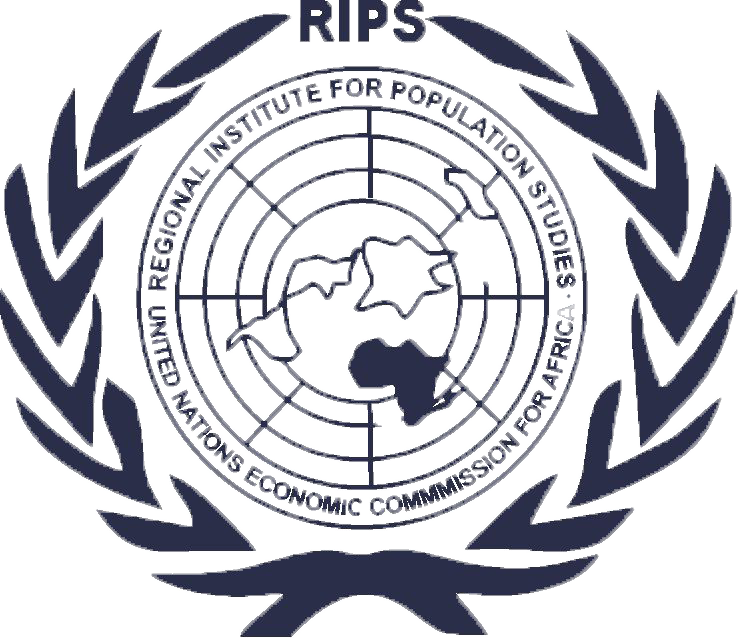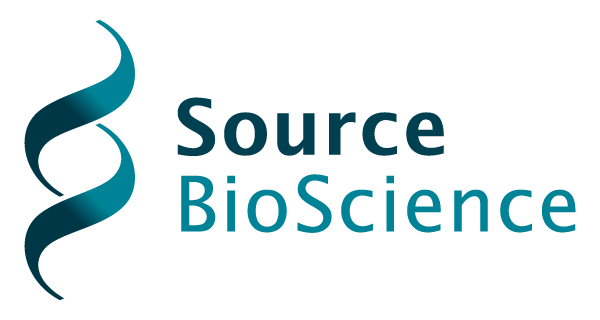The University of Amsterdam with around 25,000 students, 5,000 staff and a budget of over €487 million, ranks among the largest comprehensive universities in Europe. It belongs to the League of European Research Universities. Academic Medical Centre (AMC) operates as a University Medical Centre. It has an established international reputation in health research. It has fruitful links with many other universities and institutions throughout the world. Department of Public Health in AMC has a strong track record on ethnicity and health research. It has carried out large-scale studies among multi-ethnic populations in the Netherlands and investigations in Africa.
Role of AMC in this projectAMC will be responsible for the general management (WP1), data collection in the Netherlands (WP2.4), data storage and overall analyses (WP 7), and lead the epigenetic factors associated with T2D and obesity analyses (WP4) and further participate in and disseminate the project results (WP8).
www.amc.nl